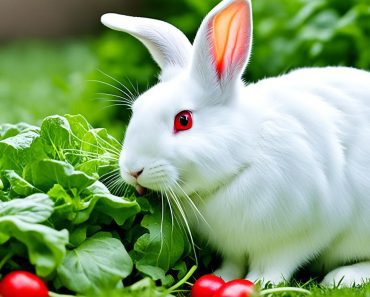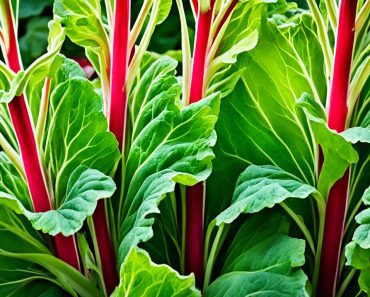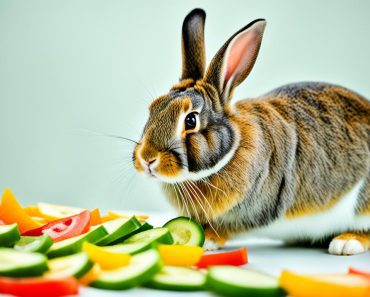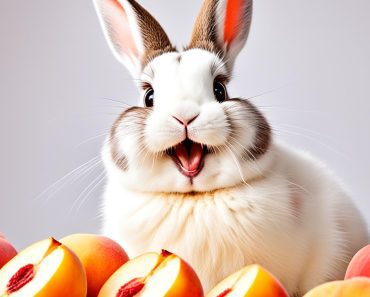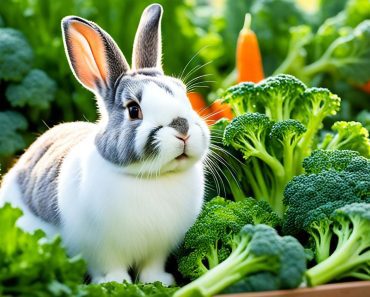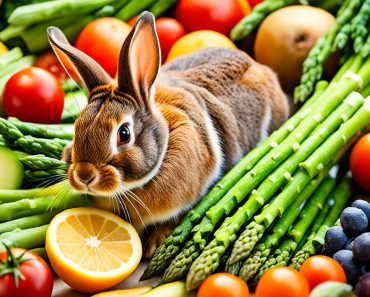Rabbits are herbivores and require a constant intake of fiber to keep their digestive tracts healthy. While there are many vegetables that rabbits can safely eat, there are also some that should be avoided. One such vegetable is leeks. It is important to understand whether leeks are safe for rabbits to consume and what potential risks they may pose. Let’s explore the topic of feeding leeks to rabbits and determine if it is safe or risky for pets.
Can Rabbits Eat Leeks? No, they absolutely shouldn’t.
- Leeks can be potentially harmful and toxic to rabbits, causing digestive issues and allergic reactions.
- Rabbits have specific dietary requirements that differ from humans.
- A balanced rabbit diet consists primarily of high-quality hay, with pellets and vegetables as secondary options.
- Other safe vegetables for rabbits include leafy greens, carrots, broccoli, cauliflower, and green beans.
- It is important to follow proper feeding guidelines and avoid overfeeding to ensure the health of your pet rabbit.
The Importance of a Balanced Rabbit Diet
Like all animals, rabbits require a balanced diet to maintain their health and wellbeing. A well-balanced rabbit diet should consist primarily of high-quality hay, which is low in calories and high in fiber. Hay provides the essential fiber for rabbits, promoting proper digestion and preventing gastrointestinal issues.
In addition to hay, rabbits may be given commercial pellets, which are specially formulated to meet their nutritional needs. These pellets provide essential vitamins, minerals, and nutrients that may be lacking in hay alone. However, it is important to note that pellets should only make up a small portion of a rabbit’s diet and should not be the primary source of nutrition.
Fruits and vegetables can also be included in a rabbit’s diet, but it is crucial to provide the right combination and portion sizes to maintain a balanced diet. Rabbits have specific dietary requirements and can be sensitive to certain foods, so it is essential to research and choose rabbit-safe options.
The Role of Fiber in a Rabbit’s Diet
Fiber is a crucial component of a rabbit’s diet. It helps to keep their digestive systems running smoothly and prevents common issues such as diarrhea and gastrointestinal stasis. Additionally, fiber promotes dental health by wearing down their teeth through chewing, preventing dental problems.
High-quality hay is an excellent source of fiber and should be available to rabbits at all times. Timothy hay, orchard grass, and oat hay are popular choices that provide the necessary fiber for rabbits. Fresh grass can also be offered in controlled amounts, as long as it is free from pesticides or chemicals.
Incorporating a variety of leafy greens such as romaine lettuce, kale, and spinach can also provide additional fiber and nutrients to a rabbit’s diet. However, it is important to introduce new foods gradually and monitor for any digestive issues or allergies.
Tips for Providing a Balanced Rabbit Diet
- Provide a constant supply of high-quality hay for rabbits to graze on throughout the day.
- Offer a small portion of commercial pellets daily, following the recommended serving size according to the rabbit’s weight.
- Introduce fresh fruits and vegetables gradually, starting with small amounts and monitoring for any adverse reactions.
- Avoid feeding rabbits human foods that are high in sugar, salt, or artificial additives.
- Ensure rabbits always have access to fresh, clean water.
By following these guidelines and providing a balanced diet, you can ensure that your rabbits receive the necessary nutrition for their overall health and wellbeing.
The Dangers of Feeding Rabbits Toxic Foods
While rabbits can eat a variety of foods, it is important to know that there are certain foods that can be extremely harmful and toxic to them. As a responsible rabbit owner, it is crucial to be aware of these toxic foods and avoid feeding them to your furry friends.
Foods Harmful to Rabbits
Rabbits should never be given certain foods as they can cause serious health concerns and even be fatal. Here are some examples of foods that are toxic to rabbits:
- Avocados – Avocado contains a substance called persin, which is toxic to rabbits and can cause damage to their heart, lungs, and other organs.
- Chocolate – Chocolate contains theobromine, a compound that is toxic to rabbits. Ingesting chocolate can lead to digestive upset, increased heart rate, and even seizures.
- Fruit seeds and pits – Seeds and pits of fruits like apples, peaches, and cherries contain cyanide, which is poisonous to rabbits.
- Raw onions and garlic – Onions and garlic contain compounds that can destroy a rabbit’s red blood cells, leading to anemia and other health issues.
- Meat and eggs – Rabbits are herbivores and should not be given any form of meat, eggs, or other animal protein.
- Dairy – Rabbits cannot properly digest lactose, the sugar found in milk and dairy products. Feeding them dairy can result in digestive problems and diarrhea.
- Mushrooms – Many types of mushrooms are toxic to rabbits and can cause liver and kidney damage.
- Processed foods – Processed foods that are high in sugar, salt, and unhealthy fats should be avoided as they can lead to obesity and other health issues.
It is vital to keep these toxic foods away from your pet rabbits to ensure their well-being and longevity.
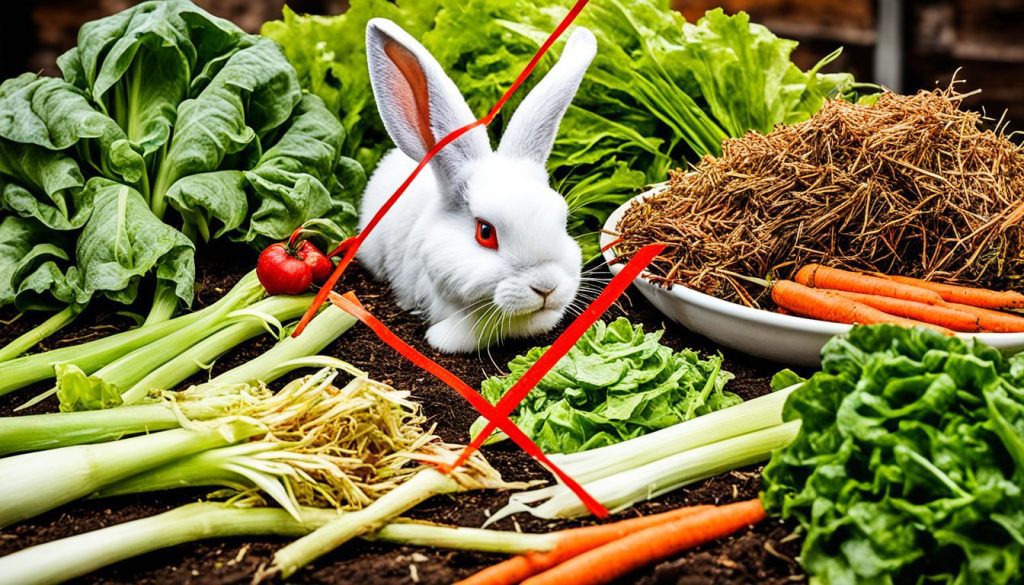
The Risks of Feeding Rabbits Leeks
Leeks are a vegetable related to onions, garlic, and chives. While leeks are safe for human consumption, they can be potentially harmful to rabbits. Leeks contain compounds called sulfides, which can be toxic to rabbits in large quantities.
Ingesting too much leek can cause a range of health problems in rabbits, including upset stomach, gas, bloating, and even diarrhea. Additionally, leeks can be allergenic to rabbits, leading to allergic reactions.
Nutritional Value of Leeks and Health Benefits
Leeks are nutrient-dense vegetables that offer various health benefits. Despite their low calorie content, they are packed with vitamins, minerals, and antioxidants that contribute to overall well-being.
One notable aspect of leeks is their vitamin C content. Vitamin C is essential for maintaining a healthy immune system, which is especially important for rabbits. It supports their ability to fight off infections and enhances their overall health.
Leeks also contain vitamin K, a crucial nutrient for bone strength and blood clotting. This vitamin is essential for rabbits’ overall skeletal health and aids in maintaining healthy blood coagulation.
Additionally, leeks contain antioxidants like flavonoids. These powerful compounds have anti-inflammatory properties that can help reduce inflammation in the body. Although rabbits may not receive the same level of benefit from these antioxidants as humans, incorporating them into their diet can still contribute to their overall well-being.
To ensure optimal health for your rabbit, it’s important to note that they have different dietary requirements than humans. While leeks may have health benefits for us, it’s best to provide rabbits with a balanced diet that meets their specific nutritional needs. Consult with a veterinarian to determine the most suitable diet for your furry friend.
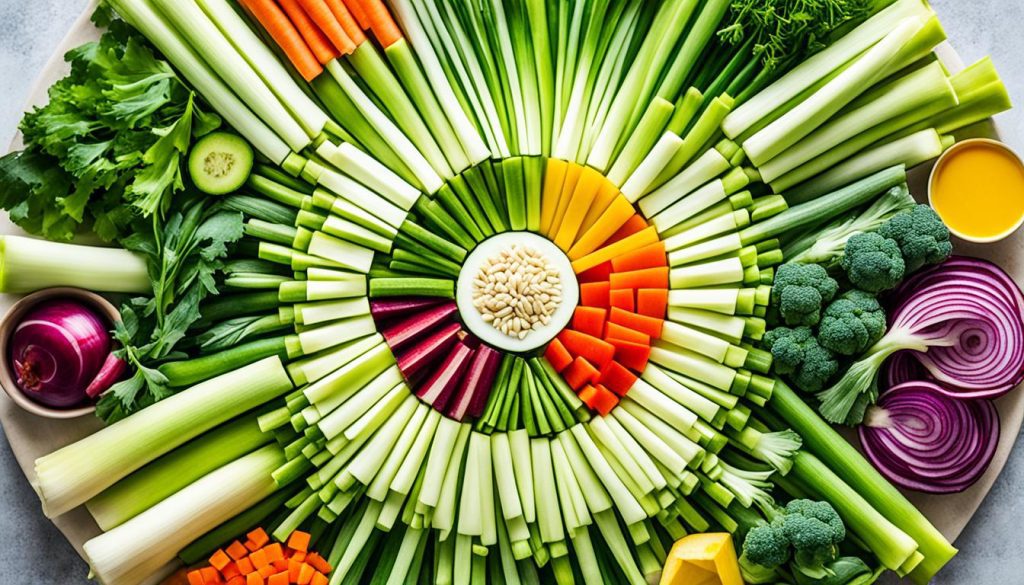
Alternatives to Leeks for Rabbit Diet
When it comes to providing a healthy and balanced diet for rabbits, it’s important to have a variety of safe vegetables on hand. While leeks should be avoided due to their potential risks, there are plenty of other rabbit-friendly vegetables that can be incorporated into their diet. Leafy greens are a great option, as they are packed with nutrients and provide essential fiber. Some leafy greens that rabbits can enjoy include:
- Romaine lettuce
- Kale
- Spinach
These leafy greens not only provide important vitamins and minerals but also add variety to a rabbit’s diet. It’s important to introduce new vegetables gradually and in small quantities to avoid any digestive upset.
In addition to leafy greens, there are other safe vegetables that rabbits can eat:
- Carrots
- Broccoli
- Cauliflower
- Green beans
These vegetables can be offered as occasional treats to supplement a rabbit’s diet. Remember to monitor your rabbit’s reaction to new foods and consult with a veterinarian if you have any concerns.
By providing a variety of safe vegetables, you can ensure that your rabbit receives a balanced diet that meets their nutritional needs.
Feeding Guidelines for Rabbits
When it comes to feeding rabbits, it is essential to follow some basic guidelines to ensure their health and wellbeing. Here are some important tips on how to feed rabbits properly:
- Provide fresh, clean water: Rabbits should have access to fresh water at all times. Make sure to regularly change their water to ensure its cleanliness.
- Focus on hay: Hay should make up the majority of a rabbit’s diet. It provides the necessary fiber for their digestive system and helps wear down their teeth. Choose high-quality hay, such as timothy or meadow hay, and make sure it is always available to your rabbit.
- Offer pellets and vegetables: While hay is the main staple, pellets and vegetables can be included in a rabbit’s diet. However, they should be secondary to hay. Pellets should be high in fiber and low in protein, and vegetables should be introduced gradually. Start with small portions and monitor for any digestive issues or allergies.
- Be mindful of portion sizes: It is important to feed rabbits appropriate portion sizes to prevent overfeeding and obesity. Consult with a veterinarian to determine the right amount of pellets and vegetables for your rabbit’s size and activity level.
- Introduce new foods gradually: When introducing new foods to a rabbit’s diet, do so gradually to avoid any digestive upset. Start with small quantities and observe how your rabbit reacts. If there are any signs of discomfort or illness, discontinue the new food and consult a veterinarian.
- Regular veterinary check-ups: Regular check-ups with a veterinarian are crucial to ensure that your rabbit’s diet is meeting their specific nutritional needs. A veterinarian can provide guidance on any dietary adjustments or concerns you may have.
Following these feeding guidelines will help maintain the health and happiness of your rabbit. Remember to provide a balanced diet, plenty of fresh water, and monitor your rabbit’s overall well-being. By prioritizing their nutritional needs, you can ensure that your furry friend thrives.
Conclusion
It is not advisable to include leeks in a rabbit’s diet. Leeks can potentially be harmful and toxic to rabbits, leading to digestive issues and allergic reactions. Although leeks are nutritious for humans, it is important to recognize that rabbits have unique dietary requirements that differ from ours. To ensure the health and well-being of your pet rabbit, it is best to provide them with a balanced diet that includes safe vegetables and high-quality hay.
By following proper feeding guidelines and avoiding toxic foods, you can create a nutrition plan that meets your rabbit’s specific needs. Remember that hay should be the main component of their diet, supplemented with a moderate amount of commercial pellets and suitable vegetables. Opt for leafy greens such as romaine lettuce, kale, and spinach, as well as other rabbit-friendly vegetables like carrots, broccoli, cauliflower, and green beans.
Regular veterinary check-ups can also help monitor your rabbit’s dietary health and ensure their nutritional needs are being met. Remember, a well-balanced diet is crucial for rabbits to maintain optimal health and a strong immune system. Keeping your furry friend’s diet in check will contribute to their overall well-being and happiness.

